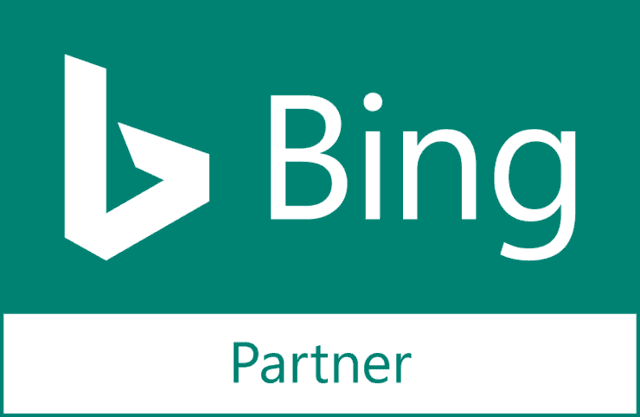I’m hearing lots of talk in the SEO community questioning the value of building links. The current SEO trends seem to be leaning toward focusing on the technical aspects of SEO and leaving link building as an afterthought – or not a thought at all. I think technical SEO is extremely important and a great technical SEO professional is worth every penny they earn. But failure to create a strategy around building quality links is leaving money on the table.
If you are stuck on measuring links by volume, I think you’re doing it wrong. I have many case studies that show that a few relevant, high-quality links will garner better results than several thousand non-relevant, lesser quality links.Modern link building is not a numbers game. Modern link building is a relationship game. Relationships are hard. Relationships take time. Link building is hard. Link building takes time. But this article is not about creating an overall link building strategy.
In this article, I’m going to give you some link building ideas and tactics that work. None of these ideas are groundbreaking. But my hope is that some of you get some ideas from this list and put your own spin on it. And I’m sure to some of you, at least a couple of these tactics will be new to you. Feel free to use any and all of these ideas, and don’t hesitate to put your own spin on them. After all, there are many ways to do link building wrong, but there isn’t one way to do it right.
1. Vendors, Customers & Friends
Link building is about relationships. It stands to reason that one of the easiest ways to gain quality links is to leverage the relationships your company already has. One of the first link building activities we do with any client is asking them to brainstorm a list of vendors, customers, and friends they think might be willing to provide a link. Then, using our link building evaluation methodology, we evaluate each opportunity and prioritize. Don’t get me wrong, we don’t go after every opportunity that is out there.
Relevance is important. While a high-quality link is always desirable and can, in many cases, still provide significant value even with a small degree of relevancy, most people’s personal contacts can only provide links that aren’t exceptionally authoritative. However, I’d argue that if you have a business relationship with a company, their site intrinsically has a modicum of relevance to yours. The action item for this tactic is to create your list and don’t skimp. Create as comprehensive a list as you can. Then evaluate the links that could be garnered from the list and prioritizing them based on your evaluation criteria.
Next, take the top prospects on your list and meet with them or call them on the phone! As a general tip, we find that if we can talk to someone in person or on the phone, we are far more likely to gain a link than if we merely send them an email. For the rest of the list, communicate with them through the appropriate channels. The appropriate channel is how the prospect is most comfortable communicating with you. Don’t forget to ask for the link.
2. Trade Publications
When I worked in a Public Relations firm, trade publications were the bread and butter of easy publicity success. Once, a colleague at the PR firm was praised for landing a story in a trade publication. I’ll never forget when the big boss hit reply-all (instead of just reply) to tell the manager that she shouldn’t praise account executives for getting hits in trade publications. He said we should own the trade publications. He was right.
If you have a decent product and can differentiate yourself, you should have articles in trade magazines focused on your vertical. The articles, which frequently appear in the online versions of the trade publications, should give you a highly relevant, quality link. The action item for this tactic is to explore the different trade publication in your niche and start reading them. Get to know the frequent writers – who are most likely either editors or freelancers. Follow those writers on social media – Twitter, Instagram, Facebook, wherever they are. Interact with the writers, providing them with feedback on their stories as well as information that doesn’t necessarily have anything to do with your company. Basically, work to make their job easier. Then, when you come up with something newsworthy about your company, pitch away. Don’t forget to ask for a link in the story. It amazes me how many times public relations folks don’t even ask for the link.
Journalists frequently don’t think in terms of links, so reminding them that you would like one usually doesn’t insult them – in fact, they are usually grateful.
Read the complete article on Search Engine Journal here: https://www.searchenginejournal.com/link-building-tactics-that-work/317059/
Interested or Need With a Link Building Campaign?
Fill out the form below, call us at 469-277-8150, or send us an email: info@wrightimc.com, for more information about Link Building ideas with WrightIMC.





